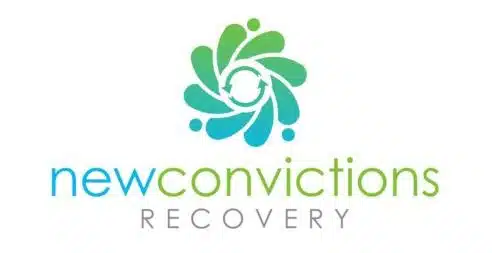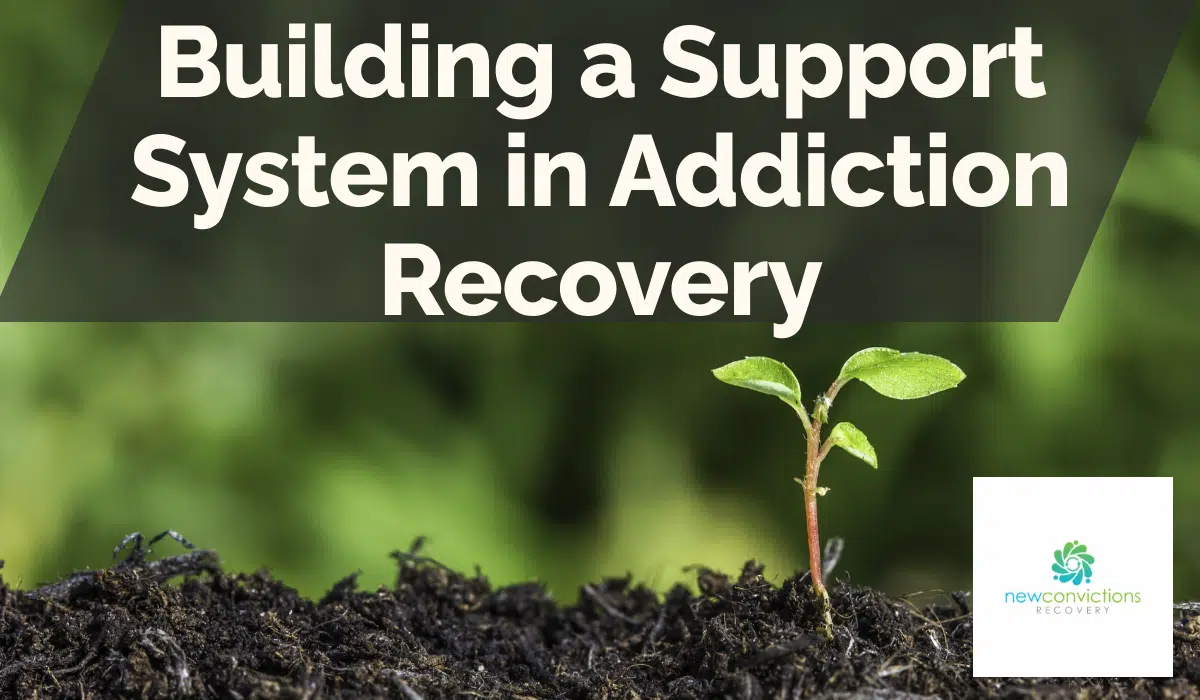Overcoming addiction is a challenging journey and building a support system can play a crucial role in achieving long-term success. This article discusses why a strong support network is essential for those in addiction recovery and offers practical steps for creating one. Whether it’s forming relationships with sober peers, leaning on friends and family, or reaching out for professional help, we’ll explore various strategies for strengthening your support resources.
Understanding the importance of a support system
A support system comprises of individuals, groups, or services that provide emotional assistance, guidance, encouragement, and resources. For those in addiction recovery, a strong support system is crucial. It provides a sense of belonging, reduces feelings of isolation, and boosts self-confidence. Research shows that people with robust support systems often experience improved mental health and better recovery outcomes as compared to those who recovery with no support systems.
Family and Friends as a Part of the Support System
Family and friends can often form a core part of your support system. They provide emotional stability and can assist with practical matters such as attending appointments, avoiding triggers, creating a healthy living environment, and a form of accountability. It can be beneficial to have honest discussions with them about your recovery priorities and how they can best support you.
Professional support resources
Professional resources like therapists, counselors, doctors, and support groups can be essential components of your support system. These experts can provide structured guidance and treatment plans tailored to your needs. Participating in support groups also allows you to connect with others who understand your journey and can equip you with the proper guidance in navigating recovery challenges. Professional help and support groups also serve as a system of checks and balances so other people who do not have an emotional, personal, or financial stake in your addiction issues can give clear objective guidance.
Building connections with sober peers
Building relationships with individuals who are also in recovery or who maintain a sober lifestyle can offer a unique form of support. Sober peers can empathize with your challenges, share coping strategies, and provide motivation during difficult times. Connecting with sober friends can also provide opportunities for socializing without the pressure of substance use.
The Role of Self-Support
While external support is crucial, self-support also plays a significant role in addiction recovery. This involves nurturing your physical and mental health, setting boundaries, practicing self-care, and celebrating achievements, no matter how small.
FAQs on Support System in Addiction Recovery
- Can I create a support system even if my family isn’t supportive? Yes, an effective support system can consist of a variety of individuals and resources, including friends, therapists, support groups, and sober peers.
- Are support groups enough to sustain recovery? Support groups can be an integral part of recovery, but it’s often beneficial to have multiple sources of support for a holistic and balanced approach to recovery.
- How important is it to avoid previous social circles associated with substance abuse? While it’s important to maintain healthy relationships, social circles linked with previous substance abuse may potentially trigger relapse, so they’re generally best avoided.
Conclusion
Creating and maintaining a strong support network can significantly enhance the likelihood of long-term success in overcoming addiction. It necessitates ongoing effort but often leads to vastly improved well-being and resilience, equipping those in recovery with the tools and encouragement necessary to navigate this challenging yet rewarding journey. Remember that support can come from various sources, and the best support system is the one that suits your individual needs and circumstances.

